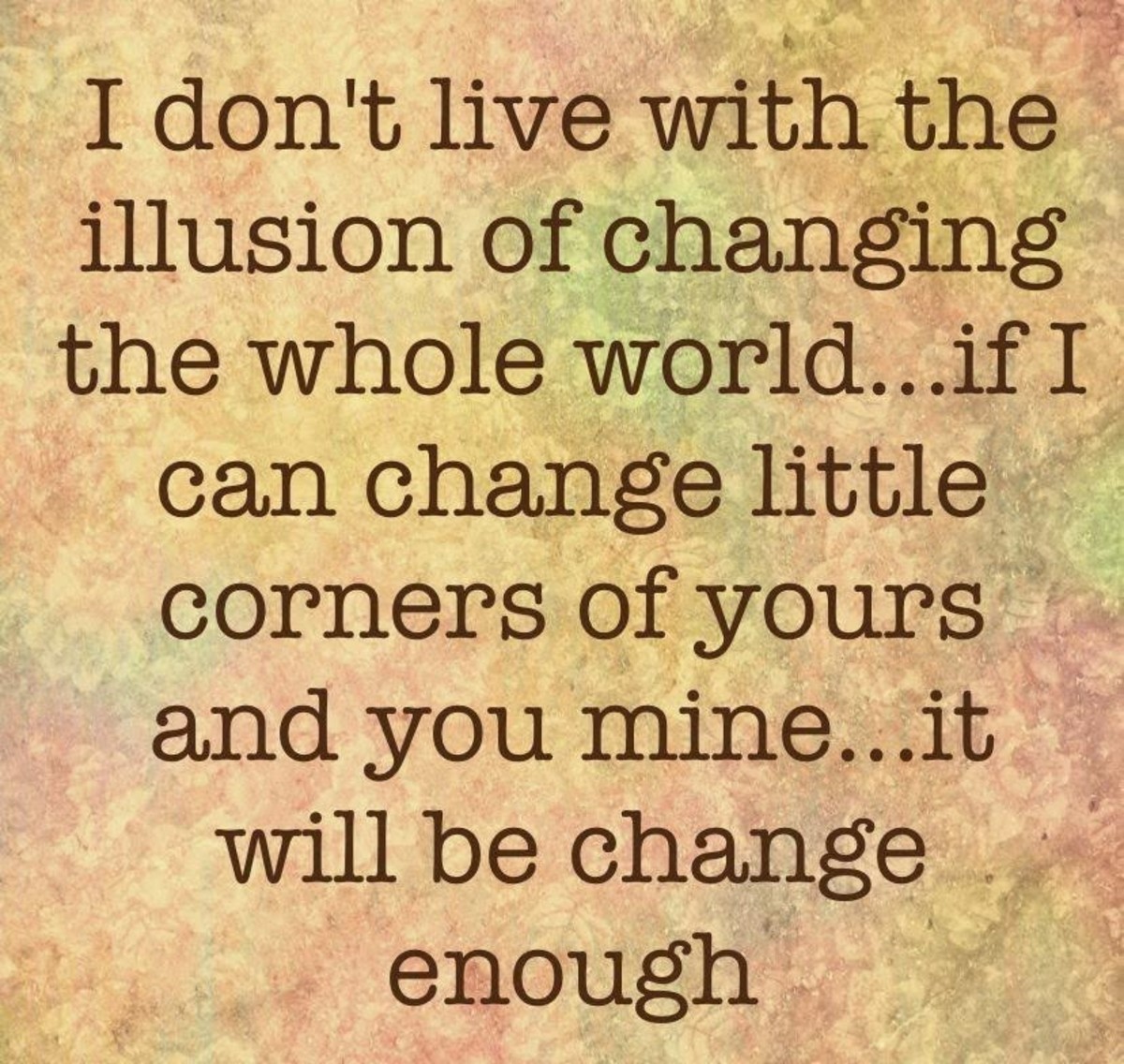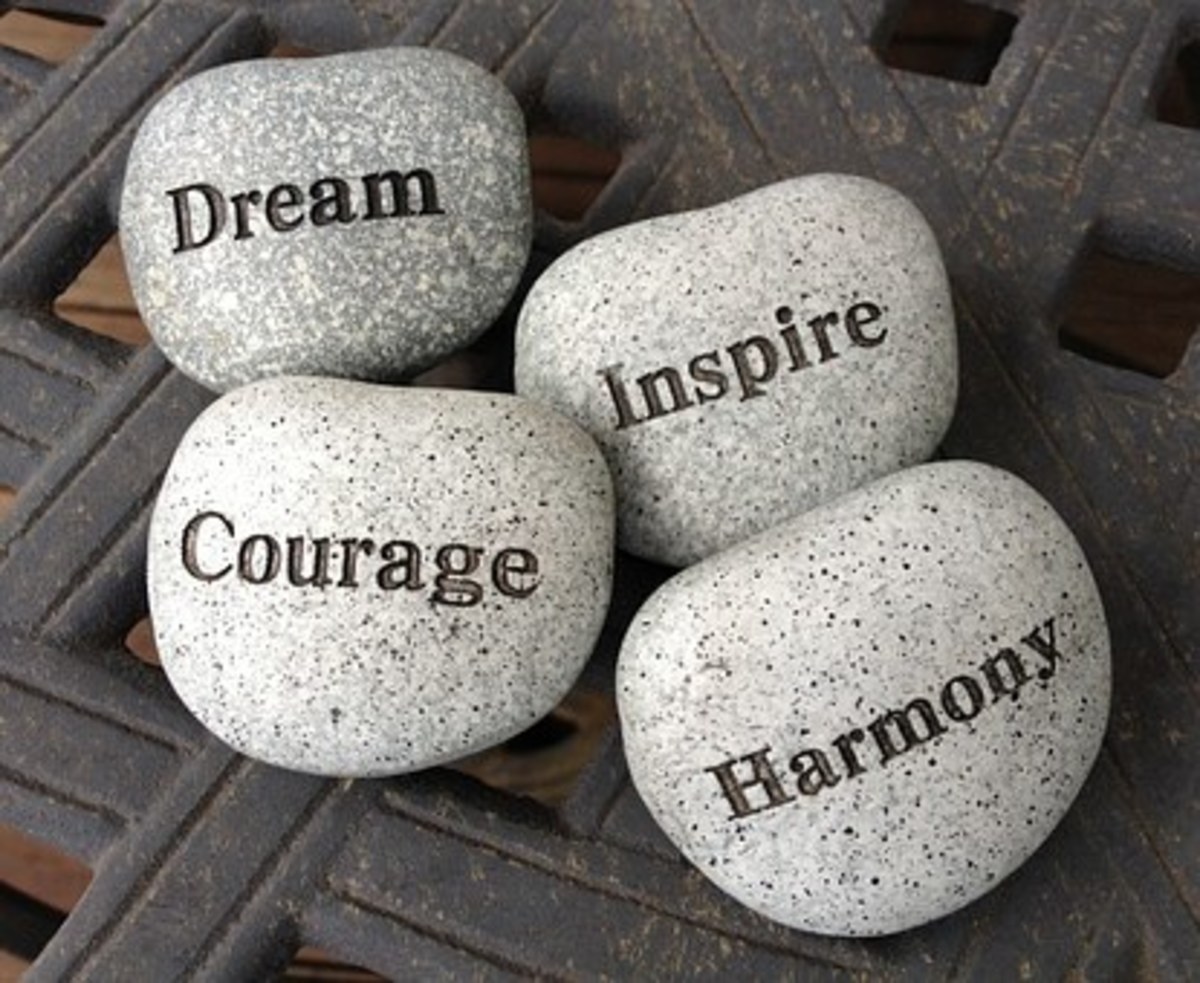Journaling for Personal Growth and Healing
In this article, we will examine how one can begin journaling in a manner that fosters emotional healing and personal growth. Journaling is more than picking up a blank book and writing. A journal may not be a book at all. We will also examine how to get into the habit of journaling and how to make sure one always has a good topic to write about.
A beautiful journal can inspire a life long habit.

Modern technology means journals can be in many different formats.
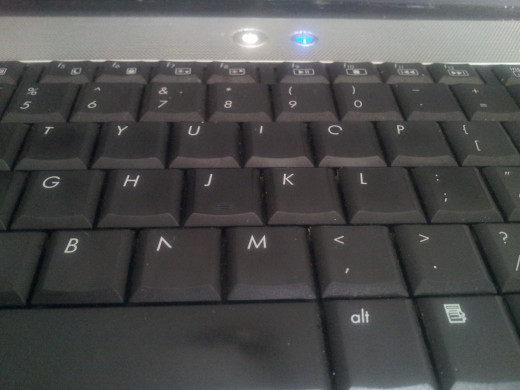
Choosing a Journal
What do you picture in your mind when you think about a journal? Most people will picture a small, blank book with a tiny lock that could easily be picked with a hairpin. If you like to write and are concerned that an unsophisticated intruder may be reading it, this may be the perfect journal for you. There are many types of journals. Consider your personal needs before choosing.
Do you need to make certain it is kept private? Does it need to locked, password protected, or hidden? Do you need to share it with an accountability partner, spouse, or counselor? If so, how will they gain access? When and where will you be journaling? Does it need to be portable? Would you prefer to write, type, or speak your thoughts? With modern technology, all three are possibilities.
Don’t let your traditional thoughts about journals or diaries limit you from using the tool that will be most effective for you. Maybe it is better to journal on your cell phone because it is always with you. Maybe you miss the art of writing long-hand and an electronic journal would cheapen your experience. A journal is simply a place where one can express their thoughts and emotions. It can be based on words, but it could also be a collection of photographs, songs, or drawings.
A small journal can easily fit in a purse or brief case.
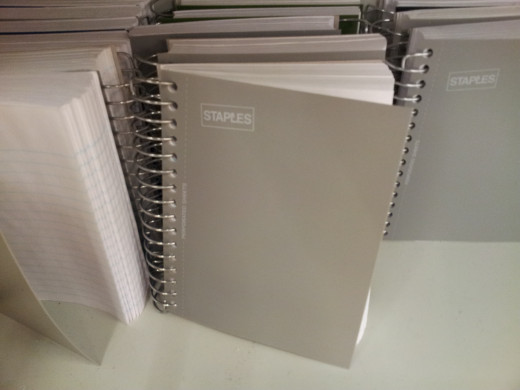
What do you think?
Can journaling make a difference in how someone heal from a painful past?
Journaling Logistics
The key to making journaling effective is to write (or otherwise record your thoughts) over a fairly lengthy period of time. Turning journaling into a habit is therefore essential. Identifying when and where you will journal and scheduling time to do so can help establish the habit.
While many journal daily, certain types of journaling should occur more often. For example, if one is journaling about their mood in an effort to understand their patterns of mood swings, it would be valuable to journal several times a day. This way one could determine if there is a particular time of the day that needs to be targeted for intervention. Those keeping a food diary would be wise to journal every time they eat. If someone is journaling to combat sadness following the death of a loved one, it may make the most sense to journal only when those feelings of sadness arise.
For most, it is important to set aside time for journaling so that you have time to gather your thoughts and express them precisely. Journaling under time constraints can be stressful and defeat the purpose. There are exceptions though. If one is using journaling to combat panic attacks, for example, it may be important to rush to get the thoughts out and there may not be time to find a quiet place and minimize disruptions. Unless coping with such an exception, a set time is recommended as it also helps to develop a habit.
Find what time of day works best for you. Many report journaling first thing in the morning is helpful because it clears the mind before the day begins and helps provide focus for the day. Others report journaling at bedtime is part of a healthy bedtime ritual and helps the person “let go” of the stressors of the day. This writer journals right before work. In the morning things are too busy as I am rushing to get everyone ready for the day. The first 10 minutes of my workday are generally quiet. I am often the only person in the office and the phone has not yet begun to ring. If you set a time and it is not working for you, change it. This is your time. Do not feel you must conform to someone else's standards or ideas.
Predict obstacles and plan for hiccups. Have a back up plan if something urgent interferes with your set journaling time. Attach a pen to your journal so you do not waste time looking for something with which to write. If you are using an online journal, have a small, paper journal in case your internet access is interrupted. A little planning can really enhance your journaling experience.
A blank page can be daunting. Have a list of journal topics handy for if you get writer's block.
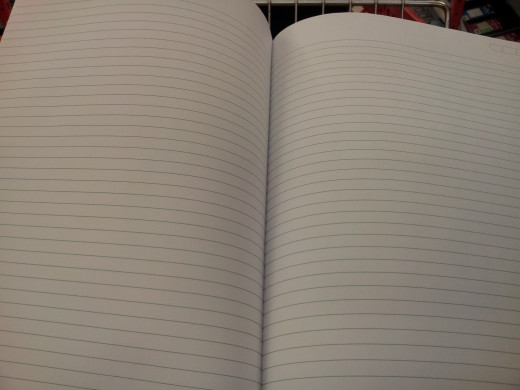
Picking Journal Topics
Perhaps the toughest part of journaling is deciding what to journal about. The decision may be easy to people who are very verbal, but for the rest of us the decision can become an unnecessary stressor. One must first decide the purpose of the journal. Why am I writing this? What do I want to accomplish? Is any particular piece of information needed?
If the purpose of journaling is to experience healing following a painful relationship, the topic might focus on expressing the pain, reinforcing the reality, or identifying areas for personal growth. Merely recording the events of the day may not be effective in moving towards healing.
If the purpose is fix a bad habit, the journaling could focus on establishing healthy habits, tracking patterns of behavior, or preparing for challenging times ahead. Notice how identifying the purpose first significantly impacts the direction of the writing. Directionless writing is less likely to produce the desired affect and unlikely to inspire a habit of journaling to form.
One of the easiest ways to get started is by writing about feelings at the moment or important events from the day. Many need more direction or inspiration. Fortunately, there are a variety of aids available. There are even entire websites dedicated to journaling ideas. Simply do an online search for "journal topics" and the subject you are trying to address.
Journal Topics for Personal Growth
Topics that promote healthy thinking
| Topics that reinforce coping skills
| Topics that foster clarity
|
|---|---|---|
I am grateful for...
| In 10 years I will be...
| The thing I need the most help with right now is...
|
My personal strengths are...
| I'm okay dealing with my problems because....
| I am supported by...
|
I feel great when...
| To handle my anger well, I need to...
| My life would change dramatically if...
|
Being jealous is a wast of time because...
| How can my problem be solved?
| Is my fear logical or justified?
|
I love...
| What can I do to be a better spouse?
| What did I enjoy doing most this week?
|
Three things going well this week are...
| My coping skills are...
| I will know I have forgiven when...
|
3 things that bring me peace of mind are
| Tomorrow I will handle my rude co-worker by...
| My family taught me...
|
Journaling fosters healing
Journaling promotes healing in a variety of different ways. First, it can provide an outlet while it is being written. Writing in a journal is a form of self-expression. Just like expressing feelings can be just as cathartic as when one talks with a therapist. The journal itself provides a non-judgmental, confidential context for self-expression. The process of writing can also force one to take chaotic thoughts and feelings and organize them. The process of organizing thoughts and feelings into words can assist one in making sense of the situation and the emotions. It can promote clarity of thought.
Looking back over a previously written journal can also promote healing. For example, looking back on a journal written while going through a problem can provide insight into how to handle the next problem. It can be helpful to relive how you overcame. Remembering good times can spark the actions necessary to have more good times. Tracking baby steps towards a goal can be very reassuring when it is not easy to see progress.
Journaling can also be a source of healthy pride or self-esteem. Writing in a journal can be a small, daily victory. It can be a positive, healthy habit that provides an alternative to an otherwise hectic and unhealthy lifestyle.
Three Steps to Effective Journaling
Journaling does not have to be complicated and does not have into a particular style in order to be an effective and cathartic. Once one gets into the habit of expressing thoughts and feelings, it be a truly rewarding experience.



